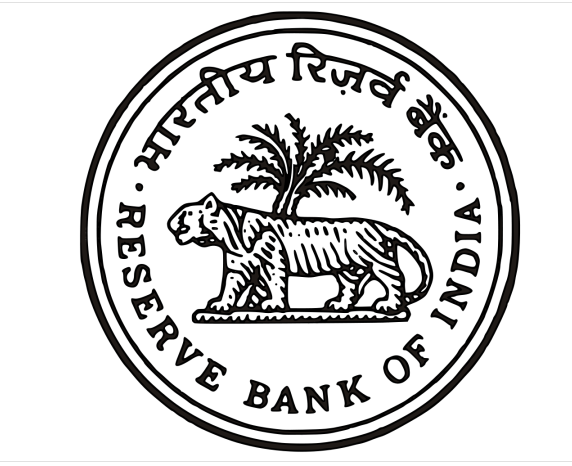In India the crypto scene is not willing to give up in the battle against a government increasingly reluctant to accept these technologies. Following RBI’s decision to exclude crypto from the tests for its regulatory sandbox, an ever-growing number of actors are pressing against this move.

As previously reported by Ethereum World News, last month, the Reserve Bank of India published a document entitled “Draft Enabling Framework for Regulatory Sandbox. In it, they explained that they would study various technologies to assess their impact on the national economy and the need for regulation. However, they excluded cryptocurrencies because they considered them as “negative” adding that digital assets provide nothing new to The Economy.
Lobbies vs Reserve Bank of India
Nasscom, a trade association of Indian IT companies, is pressuring the RBI to change its opinion on the matter. The business conglomerate hopes that the Indian government will understand the necessity of having a comprehensive knowledge of the risks and potentials associated with cryptocurrencies, by including these technologies in the sandbox.
“Since cryptocoins and tokens are an important component of the blockchain technology, the draft regulations appear to exclude testing of smart contracts and other approved blockchain technology under the sandbox …The decision to keep cryptocurrencies, trading of cryptocurrencies and initial coin offerings out of the purview of the regulatory sandbox is still not clear.”
Likewise, the Payments Council of India (PCI) has also tried to persuade the agency. Naveen Surya, chairman emeritus of this important Lobby group said that the Indian government’s position is retrograde and impedes modernization and the development of new markets:
“The boundaries can’t be defined right away. The discussion has been on how an open framework can be created instead of a subset of existing laws, because then we wouldn’t be achieving the innovation objective… Ideally, they shouldn’t have such large exclusions.
Exchanges Are Also Fighting Back
Likewise, not only these important financial groups have expressed their discontent. The Local exchanges have also decided to raise their voice against this decision.
“These coins are completely decentralized and currently no government has the technology to monitor them,” said Nischal Shetty, CEO of Mumbai-based crypto-exchange, WazirX, while another anonymous founder was just as challenging, with a question that may summarize the essence of this political confrontation between governments and crypto-anarchists:
“How can the government ban something it has no control over in the first place?

